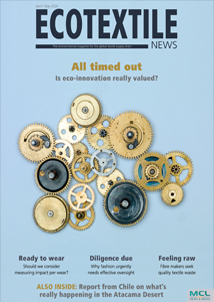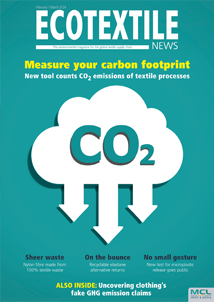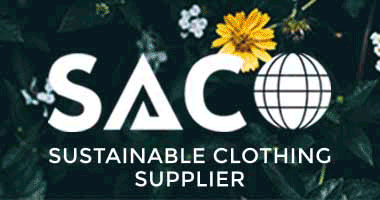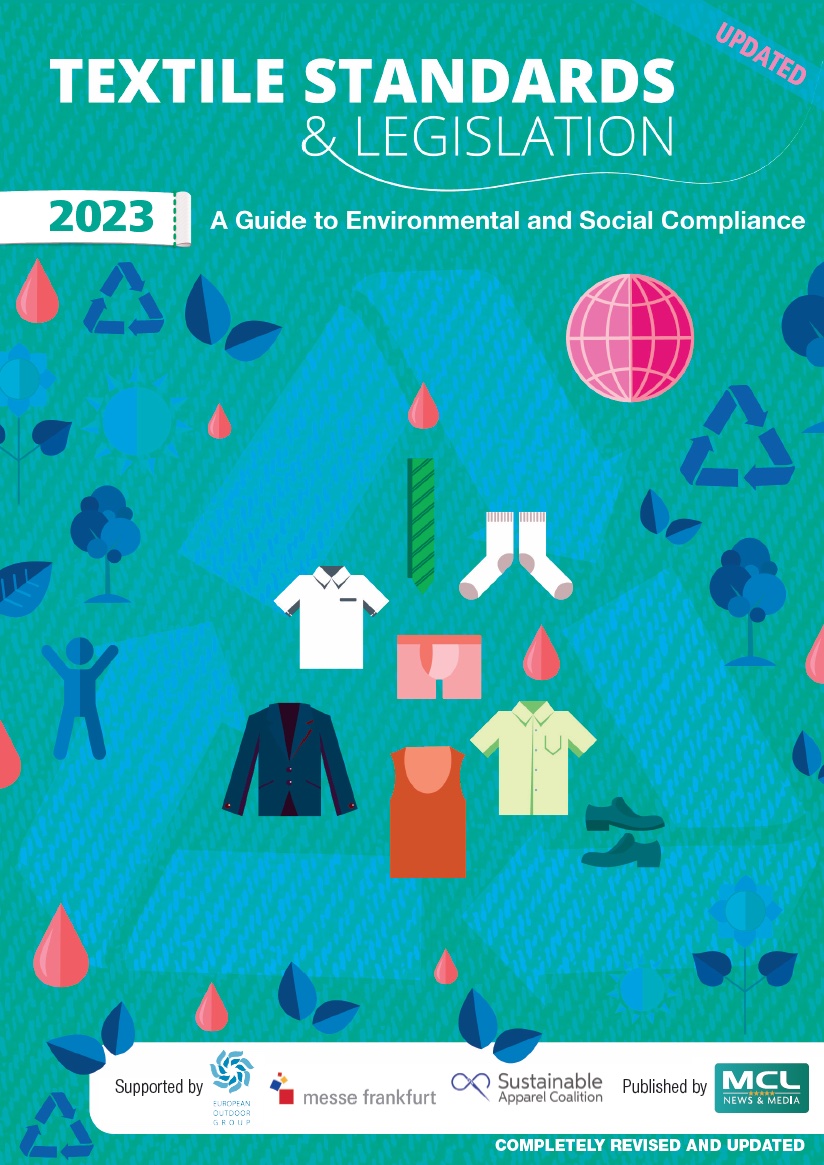SPONSORED CONTENT – The fashion industry is undergoing a significant shift in sustainability practices due to increasing buyer scrutiny over ethical manufacturing and new regulations on production standards. Yet forty-five percent of global supply chain leaders say that they either have no visibility into upstream supply chain operations, or that they can see only as far as first-tier suppliers.
New regulations will change that, with companies in the US preparing for the SEC Climate Disclosure act, and tracking the proposed New York Fashion Act, California Climate Corporate Data Accountability Act and Climate Related Financial Risk Act. In the EU, myriad legislation including CSRD, EU Green Claims Directive and the German Supply Chain Act, among others, are also front of mind.
However, deep supply chain visibility has been challenging for brands. Data is typically collected manually via excel spreadsheets, with limited aggregation or normalisation, or it is collected yearly, which can be too infrequent to be actionable. Some software platforms do enable brands to deploy custom assessments, but they require deep expertise to develop and they don’t typically follow a consistent methodology. As a result, much of the apparel industry relies on estimates to understand many supply chain impacts, making it hard to measure the impact of improvements to manufacturing processes.
To remain viable in those global markets, businesses need visibility into every tier of their supply chain. But where to start?
At Worldly, we believe that high-frequency collection of utility data on energy, water, and waste is the first step towards deeper supply chain visibility. Our platform is designed to help brands collect near-real-time, primary data from their factories, which is simply submitted from their utility bills. This approach to data collection aligns with the most important corporate reporting standards.
Crucially, these solutions work well for both brands and manufacturers. Manufacturers can report production data, energy use, water use, and waste creation within minutes using Worldly, without requiring any special sustainability knowledge. The process is simple: just report the usage data from factory bills whenever they are received, and Worldly takes care of the rest.
For brands, this means high-resolution data that is pulled directly from water, energy, and waste bills without any additional calculations needed, giving businesses accurate insights they can confidently act on. The collected data aligns with the GHG Protocol, Global Reporting Initiative (GRI), and the Carbon Disclosure Project (CDP), ensuring it meets industry standards. And compared to an annual assessment, it's much simpler to deploy.
To remain viable in global markets, businesses need visibility into every tier of their supply chain. With credible, high-resolution impact data, they can make informed decisions to improve their footprint, comply with new regulations, and build a more sustainable future.





































